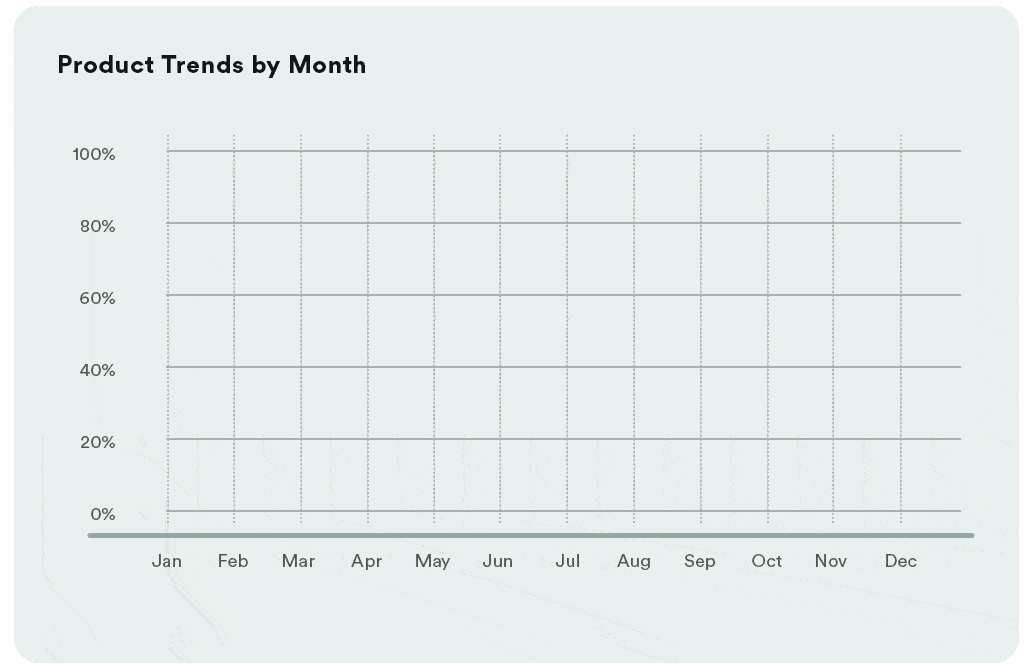China has the largest population in the world, not only on the ground level but also online. This makes the country a hub of opportunities for businesses to increase revenue, brand value, and new customers. However, what makes it difficult for companies to get a stronghold in China are the regulatory requirements and regional complexities. These factors make it very hard for them to deliver premium digital experiences in the country.
Hence, if you're looking to deliver content to mainland China, a Chinese CDN (Content Delivery Network) is an absolute must consider. In this three-part series, we're going to take a closer look at different aspects of Chinese CDNs and how you can use them to improve user experience and avoid blocking from the Great Firewall.
CDN to resolve latency issues in content delivery in China
If you've advanced into the Chinese market, and faced latency issues, chances are that your CDN (or the lack of it) is not giving you that speed boost. Indeed, your website host would mostly be responsible for the speed of your website, but the close second is the right CDN.
As connected as the world may be, distance is still a concern, especially for intercontinental connections. The distance between the end-users and their web servers in China unquestionably impacts the speed of everything from email functions to web browsing. This issue becomes even more noticeable when it comes to delivering vast quantities of content. Large content requires much more storage and bandwidth.
What CDNs do is store the content on their high-speed devices and then supply it through a website closer to the visitors. CDNs based in China can help in virtually shortening the distance between content coming from a US-based company or a European website to the audience in China. These CDNs also enhance the performance of the website to a great extent.

Selecting local CDN
By all means, a local web host helps in the matter of speed, but it's even better if you can pair it with a local CDN as well. Given the geographical expanse of China, it's a good idea to reach as many audiences as logistically possible. Thus, the most reliable option for the companies from the US, Europe, etc. would be to use both a China-based web hosting company and a China-based CDN for delivering content efficiently in a wide range of strategic locations across China.
The primary factors that should be taken into consideration while choosing a CDN are the PoPs (Points of Presence) that the CDN offers and their locations, respectively. PoPs are strategically-placed, secondary data centers in the users' geographic vicinity. Hence, you need to have the CDN provider that comes with PoP in the target area in China in order to ensure excellent performance.
ICP licensing requirement for CDN hosting
The prerequisite to setting up a China-based CDN is to become a licensed ICP (Internet Content Provider). Chinese government issues the license to permit websites to be hosted on China-based servers.

Now, the application process may take quite some time to complete and the associated cost may also be quite significant. Hence, as an alternative, companies go for near-China CDNs to expand their reach in the Asian markets. Near-China CDNs are not precisely within the geographic boundaries but are found in Japan, Korea, or other neighboring locations.
The near-China CDNs offer a lot of benefits to the Chinese CDNs because of their proximity to the country compared to other global CDNs.
By taking advantage of the servers from the regions in China's proximity, such as a CDN in Singapore or Hong Kong, the companies can enhance their overall speed performance in the country. However, this strategy doesn't entirely eliminate latency issues and is also not as lucrative as hosting on a China-based CDN. CDN and the hosting costs can, as a matter of fact, be more in other Asian countries than in the West.
In the upcoming episode, we will continue exploring the pros and cons of onshore and offshore CDNs as well as the requirements for an ICP license for content delivery in China.
To learn more about succeeding in China, check out our other articles.
If you want to learn more about testing in China, check out our solutions.



